
Possessing a commercial driver’s license (CDL) in the Commonwealth of Pennsylvania comes with tremendous responsibility, especially when it comes to drinking. Should you have a CDL in Pennsylvania and be stopped for DUI, you are in serious risk of losing your CDL and other major fines and penalties. A driver with a CDL who is operating his or her commercial vehicle is required to have a Blood Alcohol Content level less than .04. In fact, a BAC of .04-.159 is considered the high-tiered level for CDL drivers. Should you be convicted of a DUI with a CDL license, whether in your commercial vehicle…Read More

Recently, private interest groups have spearheaded a legislative effort to have the U.S. congress appropriate money to research new alcohol detection technology. If the plans of these interest groups are successful, then ultimately each new car sold in the United States will have a device attached that will supposedly measure the amount of alcohol in a driver’s system before the operator can start the vehicle. On June 23, 2010, the Pennsylvania Liquor Control Board (PLCB) launched a pilot program for self-service wine kiosks in two supermarkets. According to the PLCB board chairman, Patrick Stapleton, “The self-service kiosks are an exciting…Read More
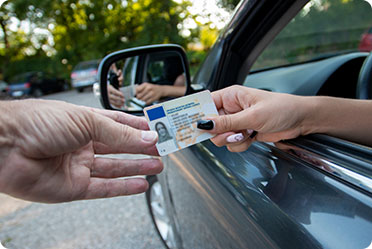
Driving under the influence of drugs and/or alcohol in the Commonwealth of Pennsylvania comes with very hefty penalties such as fines, license suspension and jail-time. If you have been convicted for a DUI, it is possible that your license has been suspended for a period of at least one year for that violation. If your license was issued by Pennsylvania, you may be eligible to obtain an occupational limited license (OLL) to get to work, school or medical treatment. Residents of Pennsylvania cannot apply for an occupational limited license if the license has been revoked, cancelled, recalled or disqualified for certain offenses.…Read More
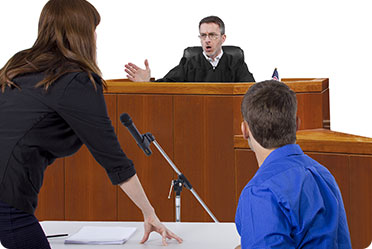
If you are facing a DUI, chances are that you are willing to do any and everything in your power to prevent a conviction from happening. A conviction for driving under the influence can result in high costs and fines, costly attorney fees, the suspension or revocation of your driving privileges or even worse—jail time. It never pays to drink and drive, but there is such a thing as a wrongful arrest. In such a case, experts may be consulted to testify on your behalf and refute evidence in a few different areas. The Field Sobriety Test The field sobriety test, or the…Read More
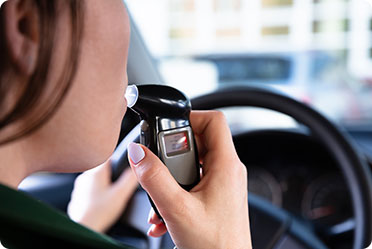
The basic principle underlying DUI / DWI breath testing is that each person’s body is essentially the same. That assumption is incorrect. Even a child can understand that. However, breath testing results are used as so-called evidence of intoxication in DUI / DWI prosecutions. [See recent news in the Washington Post “400 Drunken-Driving Cases in D.C. Based on Flawed Test” ] Listed below are three flawed premises that form the building blocks for breath testing. In part, breath testing is based on the idea that each person’s blood has the same proportion of red blood cells per volume (45%). n actuality,…Read More
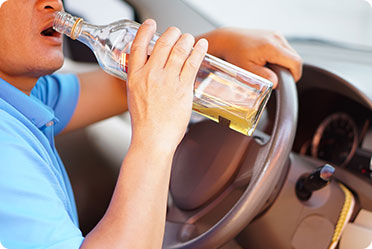
A DUI is a serious matter. While first-time offenders may have better luck than repeat offenders, few people can afford to deal with the consequences of being arrested for driving under the influence. There are many consequences for being convicted of DUI. Continued alcohol and drug screening and counseling are often the result of such an arrest. States such as Pennsylvania and New Jersey assign alcohol/drug screening and counseling as a penalty for being convicted of a DUI. Such screening and counseling can also become a condition of sentence when pleading guilty to a lesser charge through plea bargaining. Each case varies, but alcohol screening…Read More
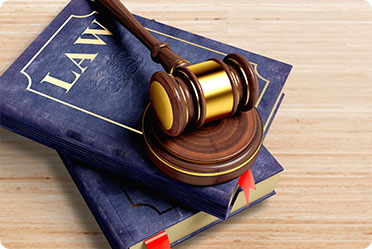
A common belief is that if someone “failed” a breath test, then that person was intoxicated. That belief, however, is far from the truth. Many factors can cause breath testing machines to produce false blood alcohol concentration (BAC) readings. After a DWI arrest, police officers must closely watch the person arrested prior to taking breath samples for testing. During this period of observation, the officer must ensure that the person to be tested did not put any objects in his or her mouth. Items, such as gum, mints, or water, may cause a breath testing reading to be artificially elevated.…Read More

A DUI attorney is charged with the responsibility of aiding a person facing a DUI or DWI charge by addressing the accompanying legal complications. While not every lawyer is ethical and trustworthy, ethical DUI lawyers that actually care about their clients do exist. There are a few things to consider when it comes to DUI attorneys and ethics. Protecting the Rights of the Client The first and most important responsibility of ethical DUI attorneys is to protect the rights of the client. It is their job to make sure that the client has not been deprived of any constitutional rights. They take the time…Read More
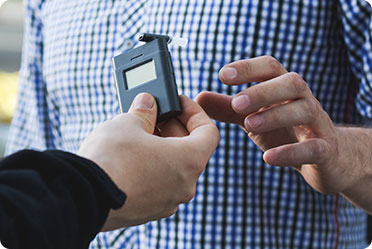
Okay. So, you have been arrested for suspicion of DUI. Then, the police officer asks you to submit a breath, blood or urine sample in order to determine your body’s blood alcohol concentration. What do you do now? Should you refuse? Each state has its own version of what is called the “Implied Consent Law.” Implied consent laws essentially require all drivers submit to blood, breath, or urine testing if arrested for suspicion of DUI. New Jersey and Pennsylvania laws prohibit the police from forcing a driver to give samples for testing. Therefore, a driver may refuse to comply with…Read More

You’ve been looking forward to St. Patrick’s Day for weeks, if not months. Coincidentally, March Madness officially begins on the same day. It’s the perfect storm for good times. Waking up on Friday morning to go back to work is going to be rough. However, you do not want to add to the post St. Patrick’s Day blues with a DUI charge. You need to take the appropriate steps in order to avoid problems with the law. First, the easiest way to avoid a DUI is to not get behind the wheel of a car after drinking. Have a designated…Read More